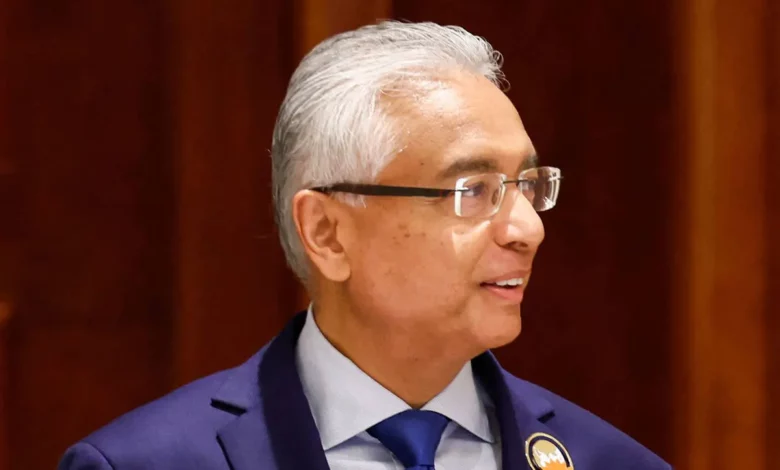
Pravind Jugnauth is the current Prime Minister of Mauritius, having conceded defeat in recently held parliamentary elections as his political alliance faces a massive loss. While speaking to reporters on Monday, Jugnauth said, “L’Alliance Lepep is heading towards a huge defeat. I have tried to do what I can for the country and the population. The population has decided to choose another team. I wish good luck to the country.”
Though official results have not been declared yet, opposition leader Navin Ramgoolam is expected to be sworn in as the country’s Prime Minister for the third time. He would head an Alliance of Change coalition.
Sunday’s vote will see electors choose representatives for the 62 parliamentary seats for the coming five-year term from a list of 68 parties and five political alliances. A coalition winning more than half of the seats will also win the prime ministership.
The month before, Jugnauth celebrated a milestone deal with the United Kingdom to recover sovereignty over the Chagos Islands, which was the source of the territorial dispute. But his campaign was tarnished by a wiretapping scandal that included leaked recordings of politicians, diplomats, and journalists.
Though it boasts good economic performance, both sides had promised to improve the cost of living for Mauritians in what has been a strongly contested campaign. Voter turnout was also reportedly strong, at an estimated 80 percent, according to preliminary figures from the election commission.
Recently, concerns over the political and economic stability of one of Africa’s wealthiest democracies have mounted. Jugnauth and Ramgoolam represent influential political dynasties that have dominated Mauritius since the island nation gained independence from the UK in 1968.
Ramgoolam, 77, is the son of Seewoosagur Ramgoolam, who spearheaded the nation toward independence and served as Prime Minister from 1995 to 2000 and again from 2005 to 2014. On election day, Ramgoolam said in an interview, “We are going toward a big victory tomorrow. The people are awaiting this deliverance.”
In fact, since independence, the island nation, which has a majority Hindu population, has been clocking steady economic growth and stability due to strong tourism, financial services, and textile manufacturing. According to the World Bank, it recorded a per capita GDP of more than $10,000 in 2022. However, analysts have also raised alarm over issues ascribed to its governance and corruption.
This island, sporting fabulously wonderful palm-fringed beaches with turquoise waters, welcomed 1.3 million visitors last year, further cementing its position as a people’s favorite tourist destination.



